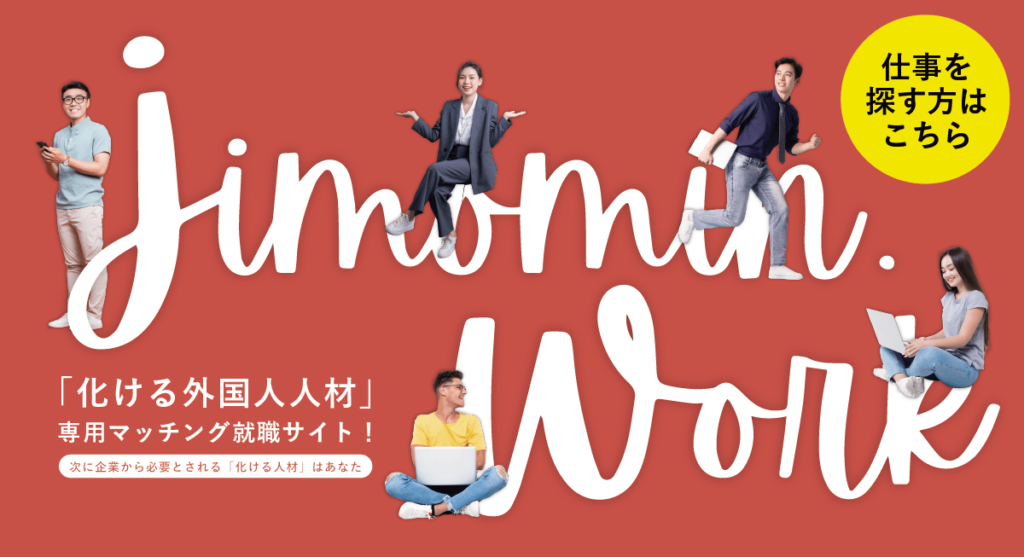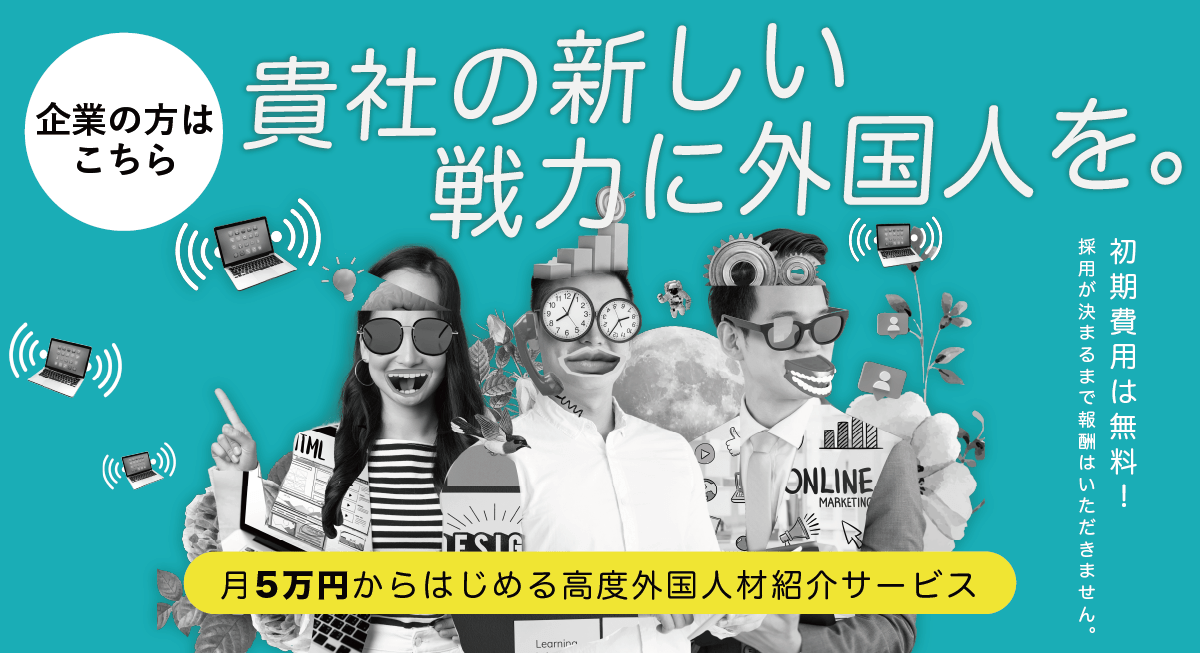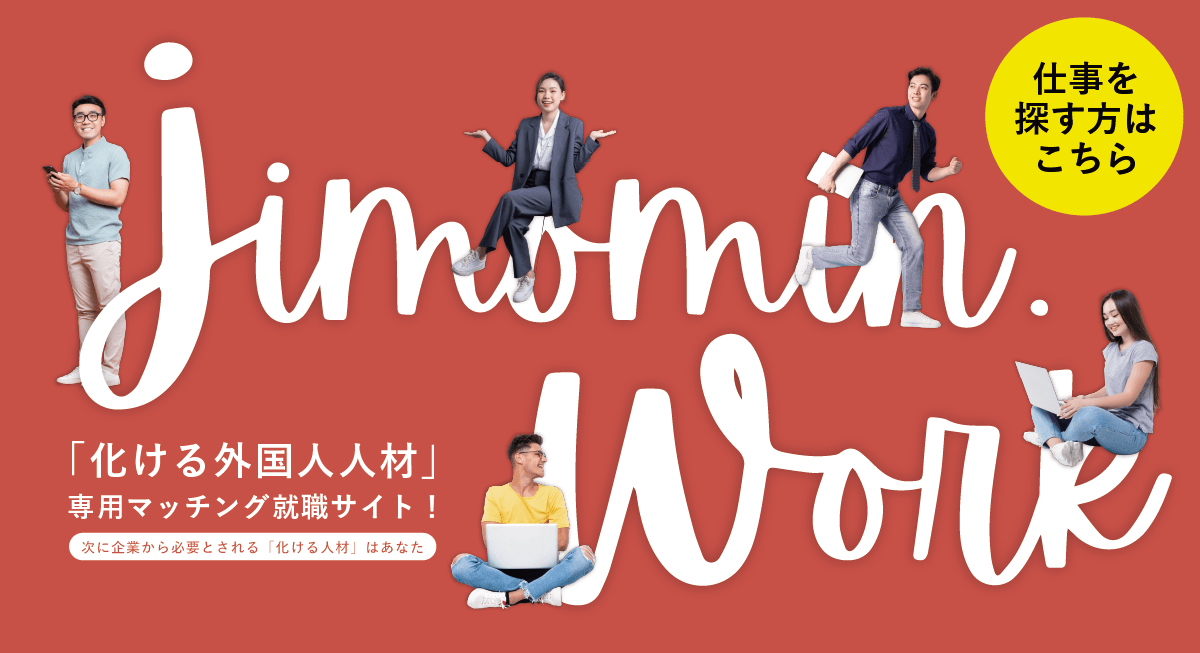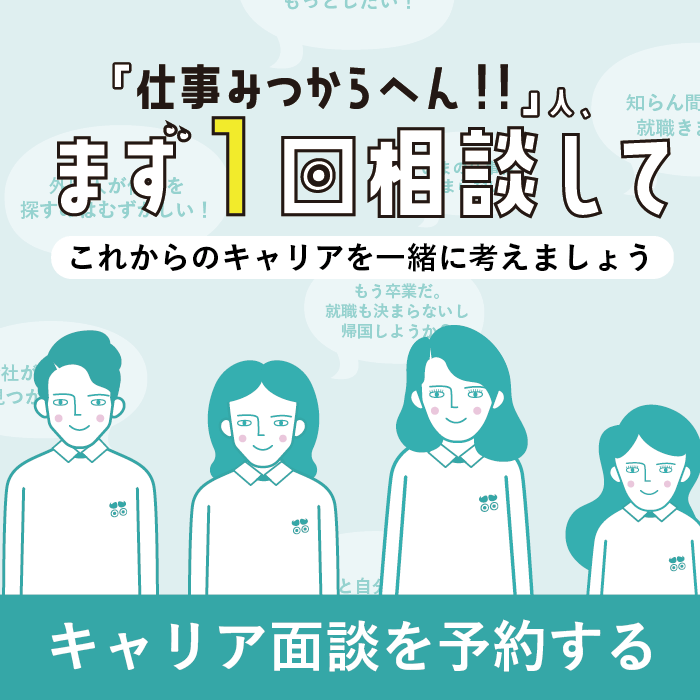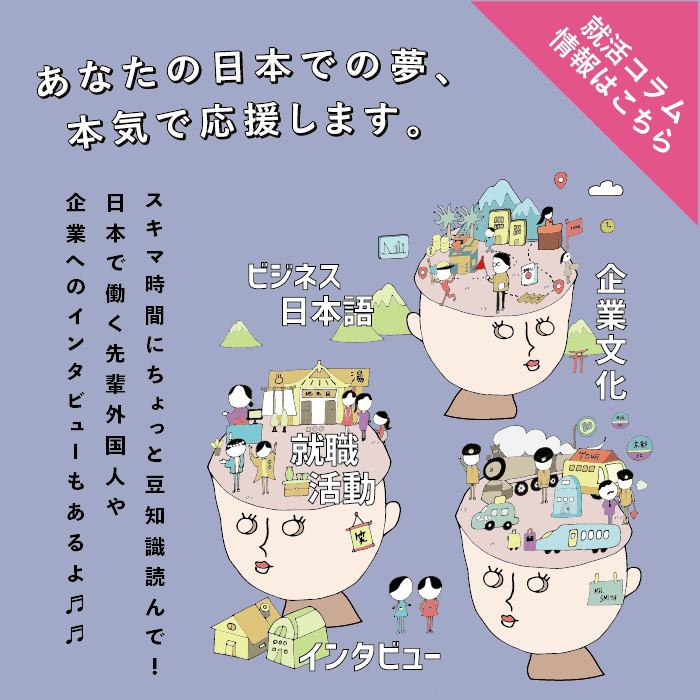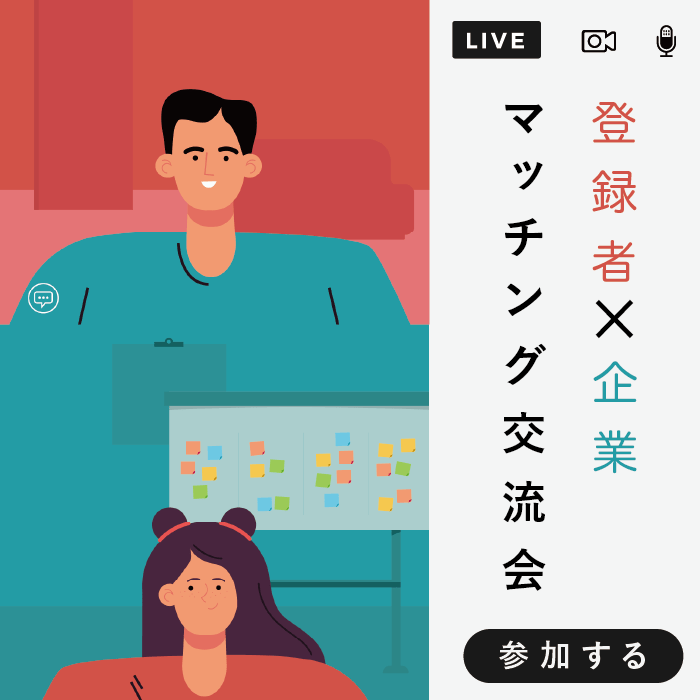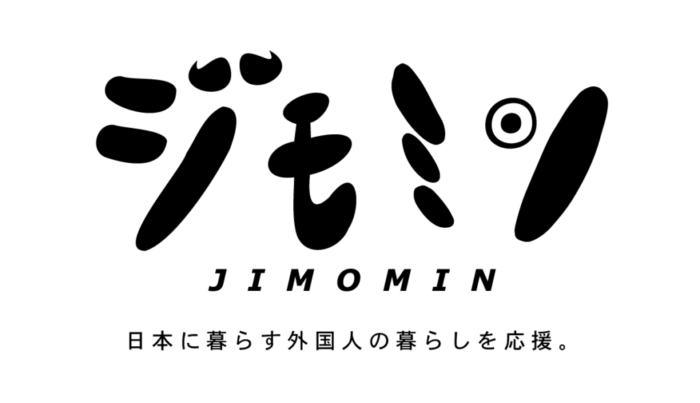- What made you come to Japan?
- Did you job hunt in Japan? If so, how did you do it?
- How about the Japanese language? How did you learn it?
- After/During your research, did you job hunt in Japan? If so, were there any difficulties you faced?
- Alongside the job hunting culture, were there any differences between Japan and the European countries?
- What kind of job did you work at?
- Tell us about your current job
- What is your day like?
- What are your future goals?
- What would be the merits of working in Japan? Do you have any advice for global talent working in Japan?
Hi, everyone! This is Aisha! Bringing job huntings tips and living tips in Japan. Today, I interviewed a global talent working in Japan who is from Cabo Verde, Miss Leisa! Through her experience you can learn about the cultural aspects of both work and society in Japan and difficulties faced when looking for a job as (during and after being)a PhD student.
| Name | Leisa Moreno |
| Company | Universities in Kyoto |
| Job Position | Lecturer for the Economic & Language Dept. |
| Job Industry | Education |
| Nationality | Praia, Cabo Verde |
| Language | Creole, Portuguese, French, Spanish, English, Japanese |
| How long have you lived in Japan? | 10 years |
Hello Leisa, thank you for today. Please tell us more about you!
Thank you for having me. I am Leisa and I am from Praia, capital city of Cabo Verde, in the Island Santiago. I have been living in Japan for almost a decade.
What made you come to Japan?
When I was in my home country, I was given a scholarship to study in Japan. This scholarship was very rare as it was the second time ever that it was available for my country. So I applied and was accepted then studied in Japan as a PhD student in the field of economics.
Did you job hunt in Japan? If so, how did you do it?
After graduation, I registered at my graduating university career centre, Hello Work and the Kyoto Prefectural International Center as it was a requirement to renew my VISA for job hunting in Japan. Although my scholarship had a return ticket, I was interested in working in Japan since I was already here.
How about the Japanese language? How did you learn it?
Japanese was not taught in the university I went to for the doctoral courses. So I had to go to KOKOKA and learn it with the volunteer teachers and by myself. I had a JLPT N3 2 years ago and last year I got my JPT N2.
After/During your research, did you job hunt in Japan? If so, were there any difficulties you faced?
I was familiar with the European style of job hunting as I had experience working in France and in my home country, but the system in Japan was very much different. In Japan, your diploma does not necessarily have to correlate to your job industry unlike in European countries such as France. For example you need to get a job that is within your diploma to attain a working VISA (i.e Engineer/Specialist in Humanities/International Services VISA).
I had a mindset that I had to work in my field, so I struggled to find the closest match when I was job hunting in Japan. Alongside, people would try to persuade me to work in sales when I was looking for consulting jobs. Another difficulty I faced is, in Japan people would treat me as a freshly graduate regardless of the academic level difference and professional career experience.
Alongside the job hunting culture, were there any differences between Japan and the European countries?
Undoubtedly the working culture is different. For instance, the Japanese working culture is more square and predetermined whereas in Europe it is rather flexible in terms of work as well as holidays. Even in my home country, the working culture was more relaxed and also very much in touch with nature.
What kind of job did you work at?
I had worked in the overseas department (sales) at an expert plastic recycling materials trader company in Shiga. I was introduced through the Kyoto Prefectural International Center, and I was the first “westerner” employee to be hired there. I chose this company since I could use my language skills as the company was diversifying and opening new markets in Europe. I left the company after 2 years as I wanted to put effort into other departments (R&D), but the company was determined to keep me in the sales department.
Tell us about your current job
I wanted to keep my corporate life and my Academia life side by side. I was told that having a PhD means I can teach at universities in Japan. I went to Hello Work but they suggested jobs again in the sales department so I told my acquaintances that I was looking for a job in the academic field. Through contacts, I became a language communication lecturer in different universities. Parallely, I teach languages such as French, Spanish, Portuguese individually or in private schools .
What is your day like?
It depends on the day but overall, I usually lecture at the universities in the morning. After university, I either have private lessons or lectures in private and international institutions (university level for international exchange programs), via online or face-to-face. Currently, I am also writing articles on economic topics with researchers colleagues spread out through Japan such as Tokyo, Hiroshima and Hyogo.
What are your future goals?
I would like to advance my professional career in economics as a professor. And while maintaining my academic profession I would also want to pursue my corporate profession which is being a consultant. Simultaneously, I would love to move around and experience the differences of various cultures.
What would be the merits of working in Japan? Do you have any advice for global talent working in Japan?
I would say the merits of working in Japan is that you get to experience the Difference. You can see and enjoy the difference in the working culture Japan has compared to other countries and that is always an interesting thing to observe.
I would advise sharpening skills to be able to experience the difference in the working environment as well as the culture to survive. There is no obligation to stay, so if wanting to stay wins, it is better to adapt to the environment. Everyone wants to excel so to thrive and find the settings and learn to navigate in it will allow to achieve the goals that are wanted.


